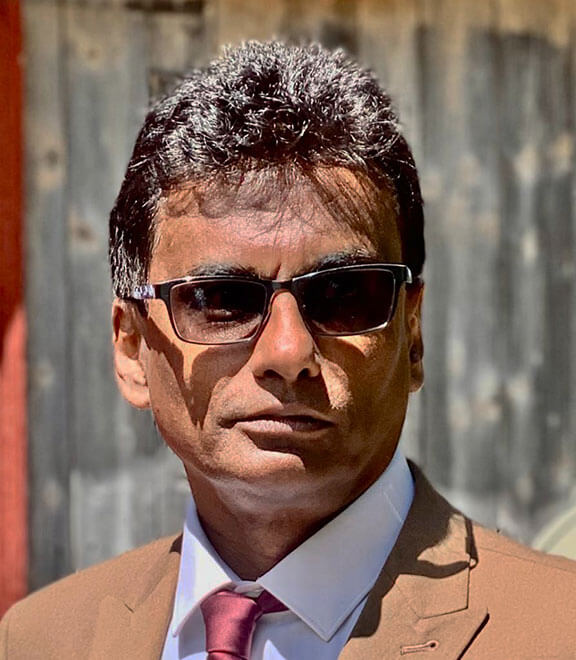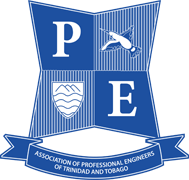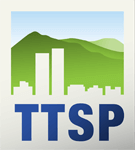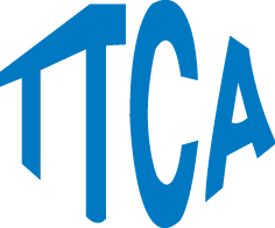
Construction Sector Braces for 2025
As we step into 2025, the JCC remains steadfast in its commitment to advancing transparency, accountability, and value for public money in T&T’s construction sector.
The JCC remains dedicated to driving positive change, promoting best practices, and ensuring that Trinidad and Tobago’s construction industry operates with integrity, transparency and excellence.
Empowering a culture of openness, the JCC champions ethical standards, equitable practices, and innovative solutions, paving the way for a construction sector that benefits everyone. Together, we build stronger communities, one transparent project at a time.
“Transparency in construction fosters trust, accountability, and sustainable growth. By openly sharing information, adhering to fair procurement processes, and promoting ethical practices, stakeholders can minimize risks, prevent corruption, and ensure project success. Transparent practices enhance collaboration, reduce disputes, and build public confidence in the industry. For the Joint Consultative Council, transparency is the cornerstone of creating a resilient construction sector, ensuring every project meets the highest standards of quality and integrity.”

JCC President


The latest news right here!

As we step into 2025, the JCC remains steadfast in its commitment to advancing transparency, accountability, and value for public money in T&T’s construction sector.

In an era where artificial intelligence (AI) can process and analyze massive datasets within seconds, the potential of open-source data is unparalleled. The building sectors are no strangers to the value of data…

In today’s evolving business environment, transparency, accountability, and efficiency in procurement are essential for sustainable economic growth and trust in public institutions.



